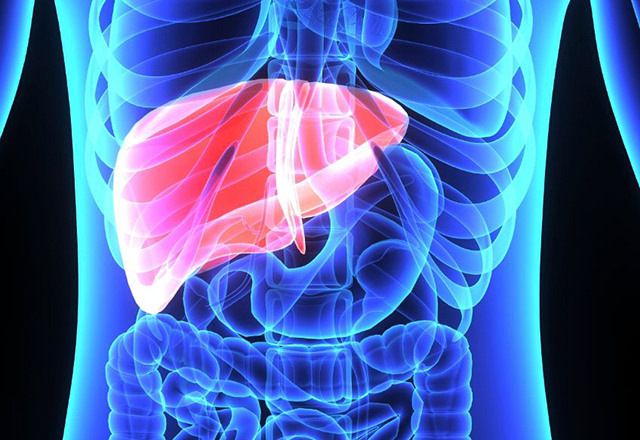— Upholding the system will save lives
by Peter G. Stock, MD, PhD, Nancy L. Ascher, MD, PhD, and John P. Roberts, MD
Thanks to a robust network of hospitals, nonprofit organizations, and government support, the U.S. remains a leader in organ transplantation. This community, which is managed by United Network for Organ Sharing (UNOS), saves tens of thousands of lives every year. Despite this success, opponents of UNOS are advocating to dismantle the transplant system as we know it. Read the full article in MedPage Today.







